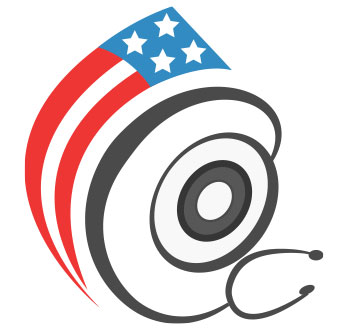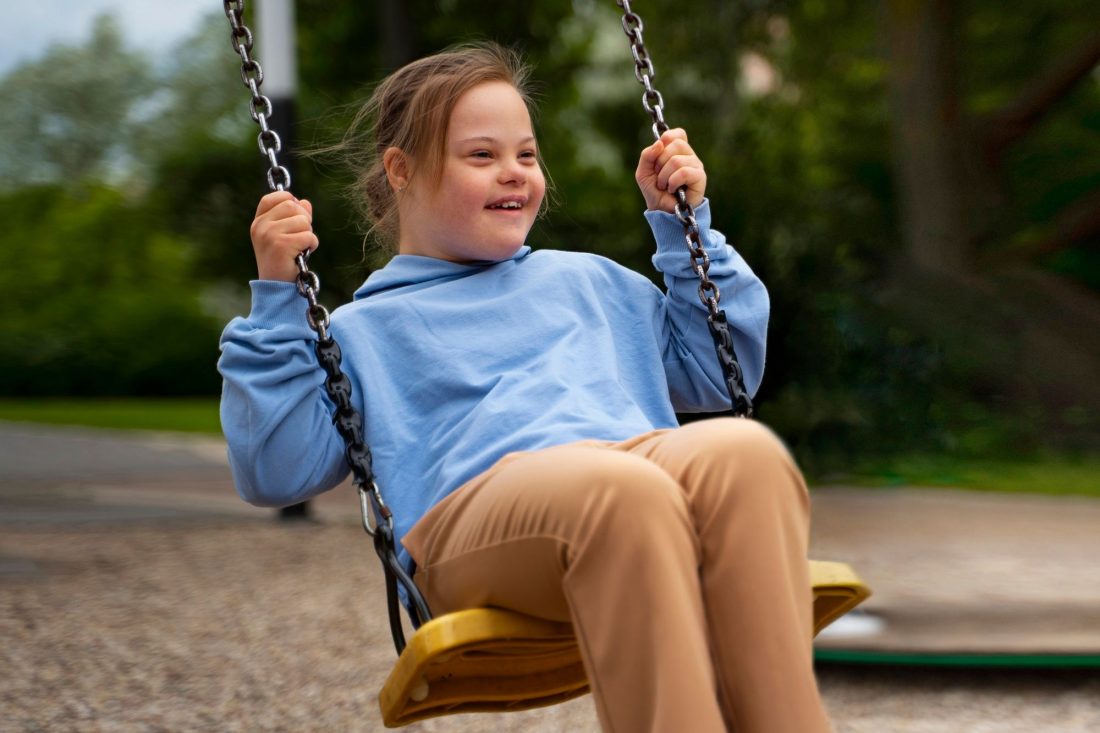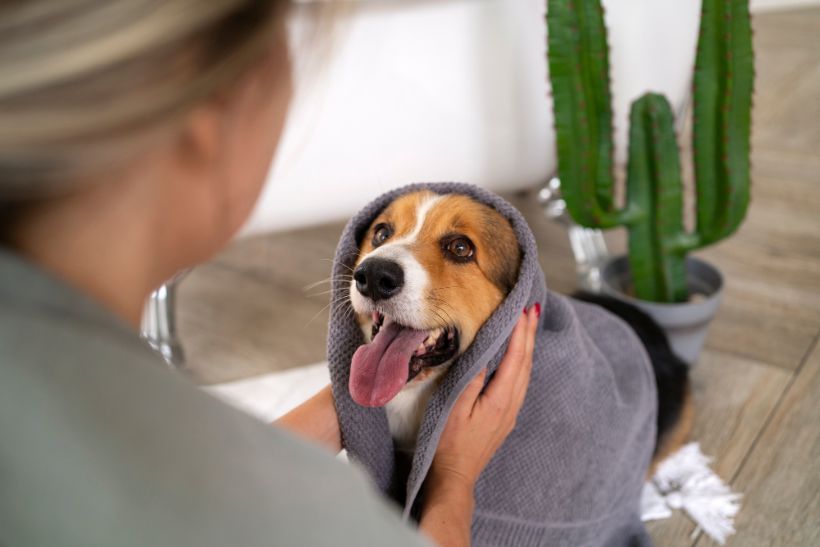Avian Influenza - What is it?
Avian influenza is an infection caused by bird flu viruses. Occurring naturally amongst birds (domesticated and wild), the virus is carried in their intestines. Avian influenza is very contagious among birds and can make domesticated birds like chickens, ducks, and turkeys very sick, eventually killing them.
How Does Avian Influenza Affect Humans?
This virus does not usually infect humans, making the risk factor from "bird flu" generally low to most people. In humans, most cases of avian flu infection have resulted from direct contact with infected poultry (e.g., domesticated chicken, ducks, and turkeys) or surfaces contaminated with secretion/excretions from infected birds. Reports of the spread of this virus from one person to another are very rare. Transmission has not been observed to continue beyond one person.
Some Symptoms Of Avian Influenza
Symptoms in humans have ranged from typical human flu-like symptoms (e.g., fever, cough, sore throat, and muscle aches) to eye infections, pneumonia, severe respiratory diseases (such as acute respiratory distress), and other severe and life-threatening complications. Avian influenza symptoms may depend on which virus caused the infection.
What does "H5N1 virus" mean?
The H5N1 virus is an influenza A virus subtype that occurs mainly in birds. Highly contagious among birds it can be deadly to them. The H5N1 virus does not usually infect people. Most cases have resulted from people being in direct or close contact with H5N1-infected poultry or H5N1-contaminated surfaces.
Of the few avian influenza viruses that have crossed the species barrier to infect humans, H5N1 has caused the largest number of detected cases. The full range of illnesses caused by the H5N1 virus has not yet been defined, making it possible that the only cases currently being reported concern the most severely ill people.
The spread of the H5N1 virus from person to person has been limited and has not continued beyond one person. Although there is no commercially available vaccine to protect people against H5N1 (avian influenza A), vaccine development efforts are continual.






